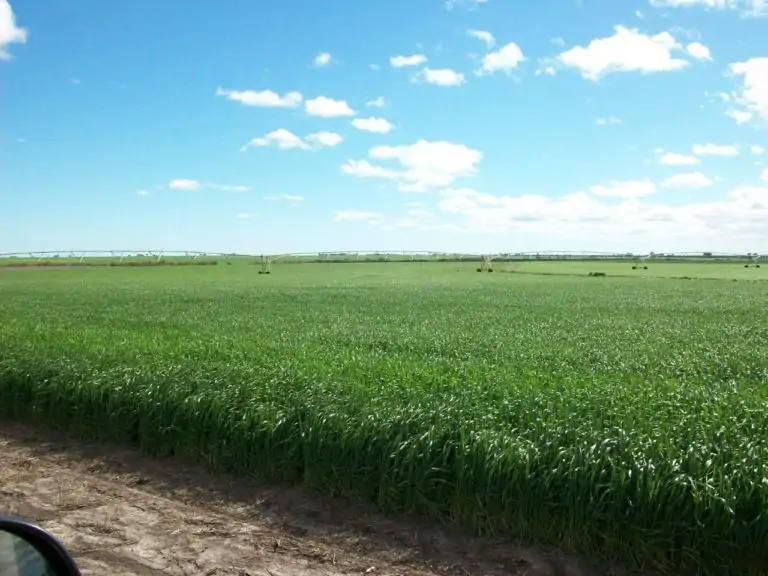Decentralised renewable energy (DER), or off-grid renewables, can support productive activity at all stages of the agri-food chain, from irrigation to food production, through post-harvest processes, including agro-processing and food preservation for storage and transport. The relationship between agribusiness, decentralised energy innovators and governments can be a catalyst for positive change for food security in the decades ahead.
The case for using DER is most compelling in regions such as Sub-Saharan Africa, where two-thirds of the population depend on agriculture for livelihoods. There already exists a deficit of energy and grid infrastructure, which in turn impedes the potential to produce far more food than currently capable.
Published analysis shows that with increased investment, including about $65 billion in irrigation and $8 billion in crop storage, there is potential to double or triple the region’s agricultural productivity.
Providing cold comfort and tackling waste
Cold storage is a particularly urgent issue and worth investment in. The total value of food that is lost annually due to lack of refrigeration is $4 billion throughout all of Africa and $4.5 billion in India.
In Sub-Saharan Africa, loss of perishable fruits and vegetables can reach up to 50 percent annually. In Uganda, where 70 percent of the population is involved in smallholder agriculture, solar powered refrigeration could cut agricultural output loss by 30–50 percent.
As well as preserving the food already produced, the world should take note of what could be produced, and the market that could exist, if DER is taken seriously.
According to the African Development Bank (AfDB), Africa spent $64.5 billion importing food in 2020, and this is projected to rise to over $110 billion by 2025, should there be no interventions.
These commodities, which can be produced on the continent, include rice, beef, soybeans, sugar and wheat, among others.
Can DER build genuine agriculture capacities?
Power for All, an agency dedicated to decentralised energy in developing countries, recently released its 2019 Powering Jobs Census Report, which found that solar irrigation helped Kenyan smallholders grow more crops throughout the year, leading to an increase in their yields of 300 per cent.
The study also found that DRE can increase the value of agricultural products. Using solar dryers to create banana chips in Thailand increased the price of banana chips sold by 70%, resulting in increased income of $1.5 million per year.
Meanwhile, from an ESG perspective, micro-grid hydro plants powering grain mills in Nepal have reduced the time and workload of women by over 75 percent, from at least 2 hours of grain processing by hand, to half an hour via mechanisation.
A further example comes from Zimbabwe, where after installation of solar water pumps, women who previously spent 6 hours per day walking to collect water for their gardens—containing crops like spinach, cabbage, tomatoes, beans, and others—now only spend 1-2 hours daily.
The social, economic and food security rationale for exploring and investing in decentralised renewable technology in agriculture looks strong.
It is up to the will, vision and industry of policymakers, regulators, financial institutions, and decentralised energy and agribusiness practitioners to plot a path forward to fruition.
Assessing the future of decentralised energy
The compelling need for DER in areas with limited access to traditional energy infrastructure presents an opportunity to revolutionise agricultural practices. By facilitating investments in solar-powered irrigation and refrigeration, we can significantly reduce post-harvest losses, increase crop yields, and make farming more resilient to climate change.
At Farrelly Mitchell, we’re deeply invested in the transformative impact that decentralised renewable energy can have on the agri-food chain, especially in regions like Sub-Saharan Africa where agriculture is a vital lifeline. Our expertise in clean energy, sustainable agriculture, and technology & innovation enables us to support the integration of DER solutions into the agricultural sector, enhancing efficiency, sustainability, and ultimately food security.














